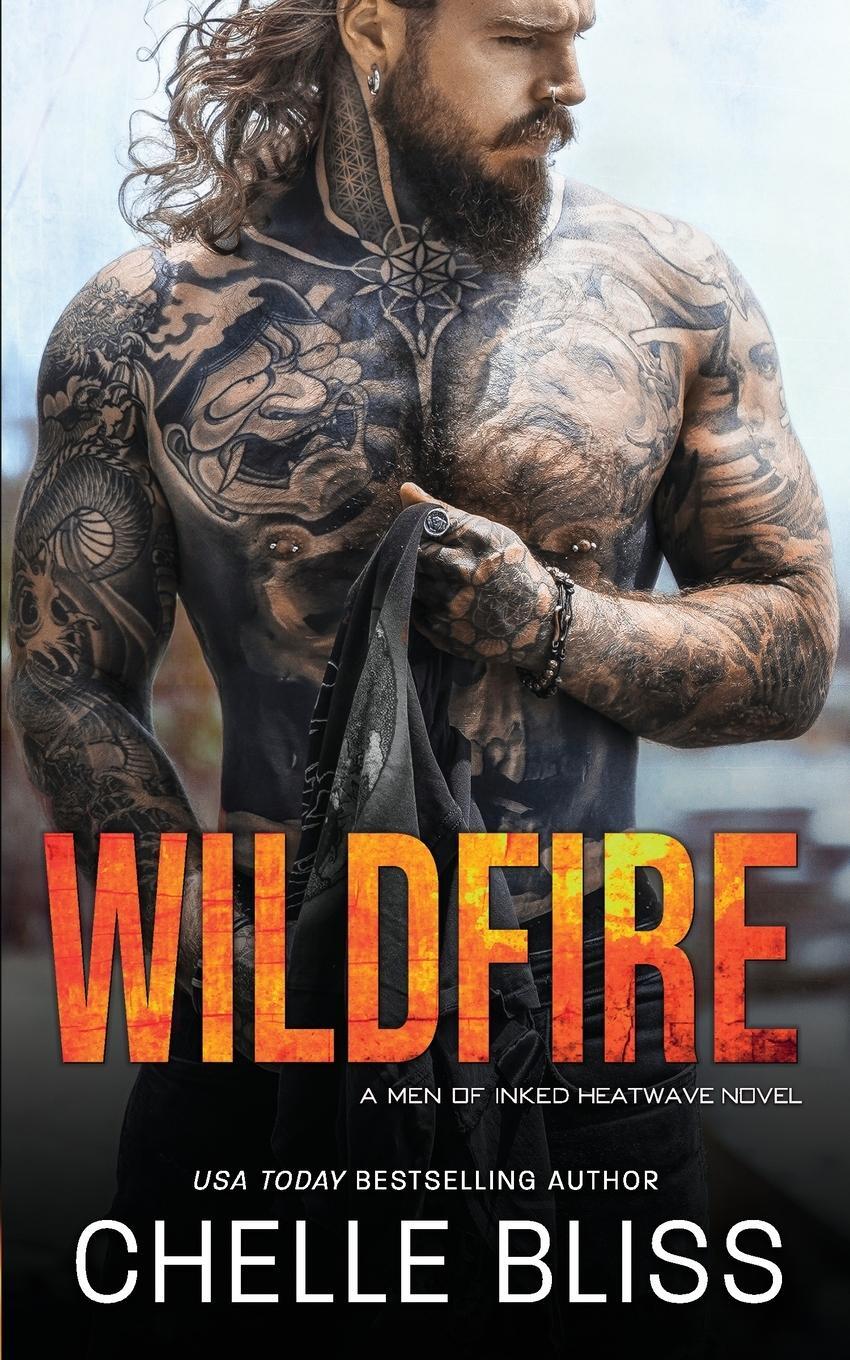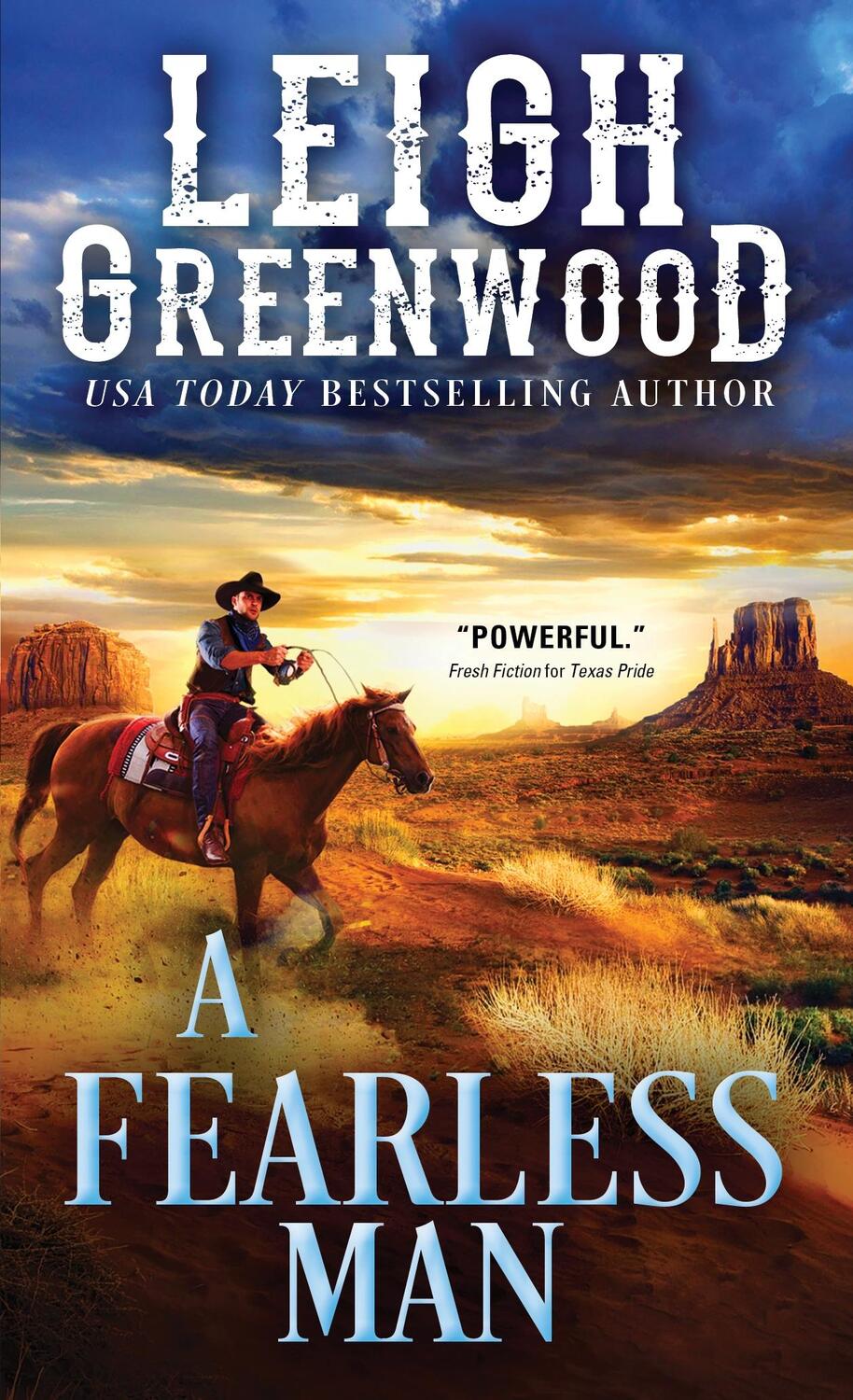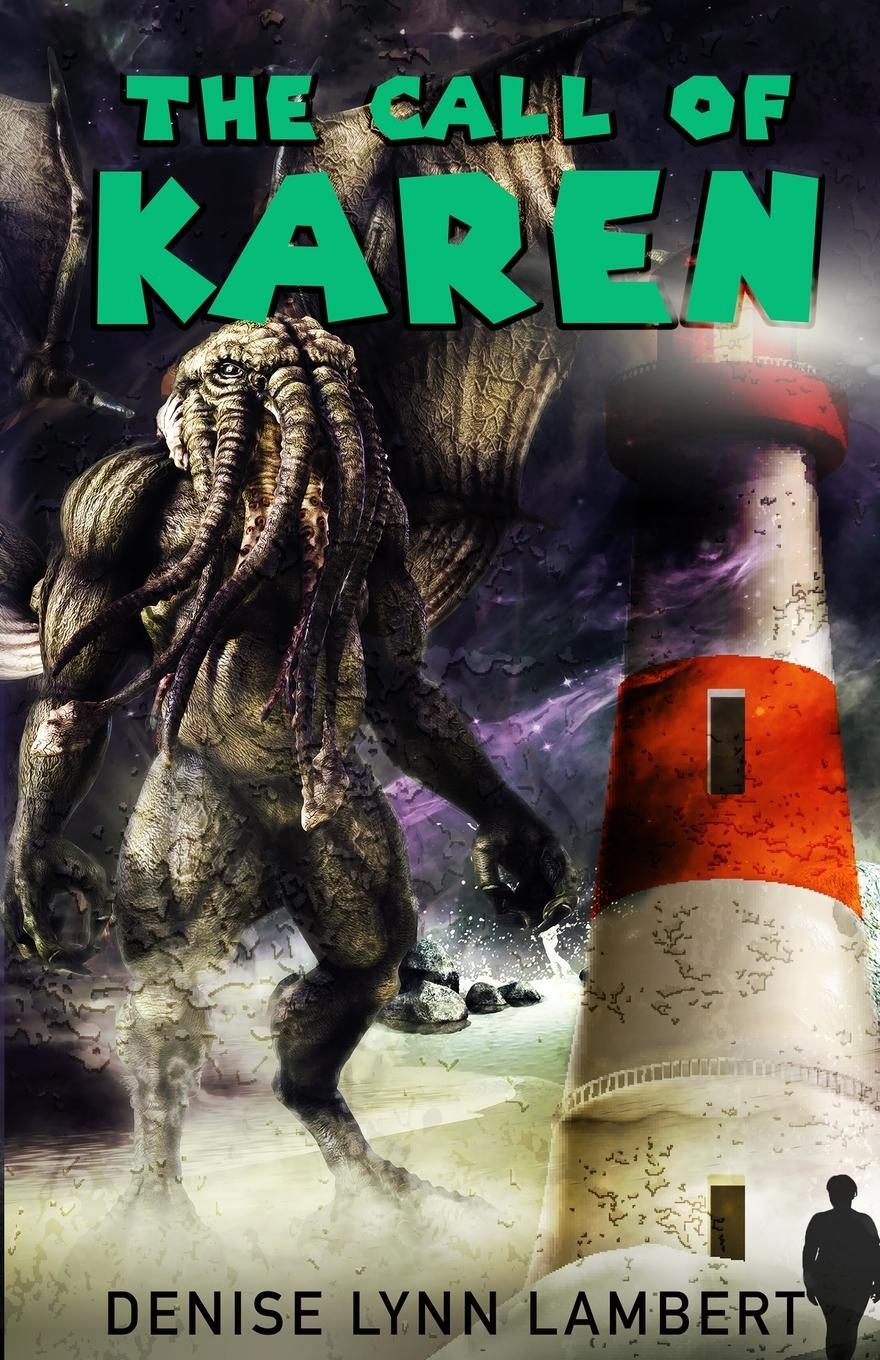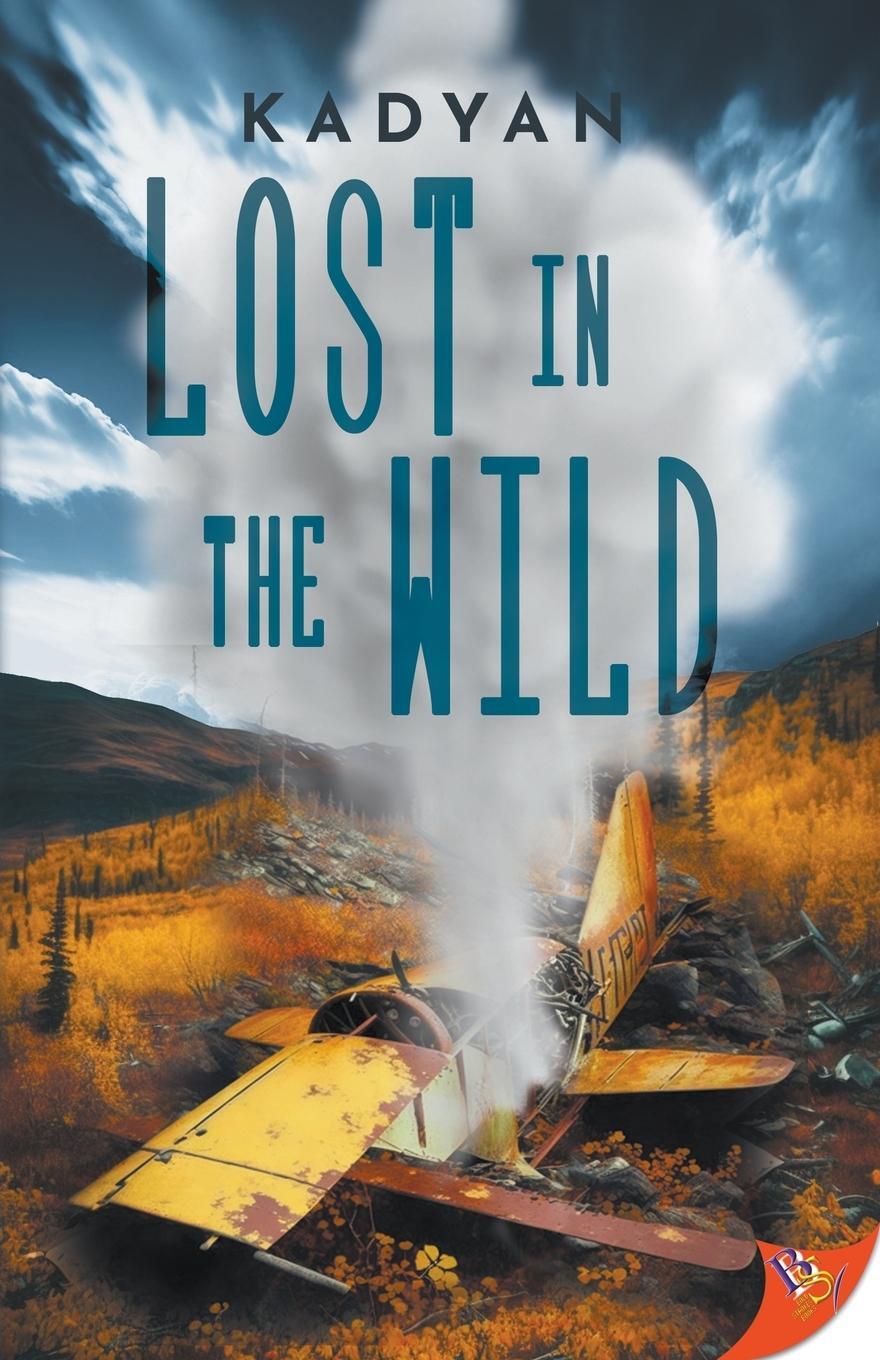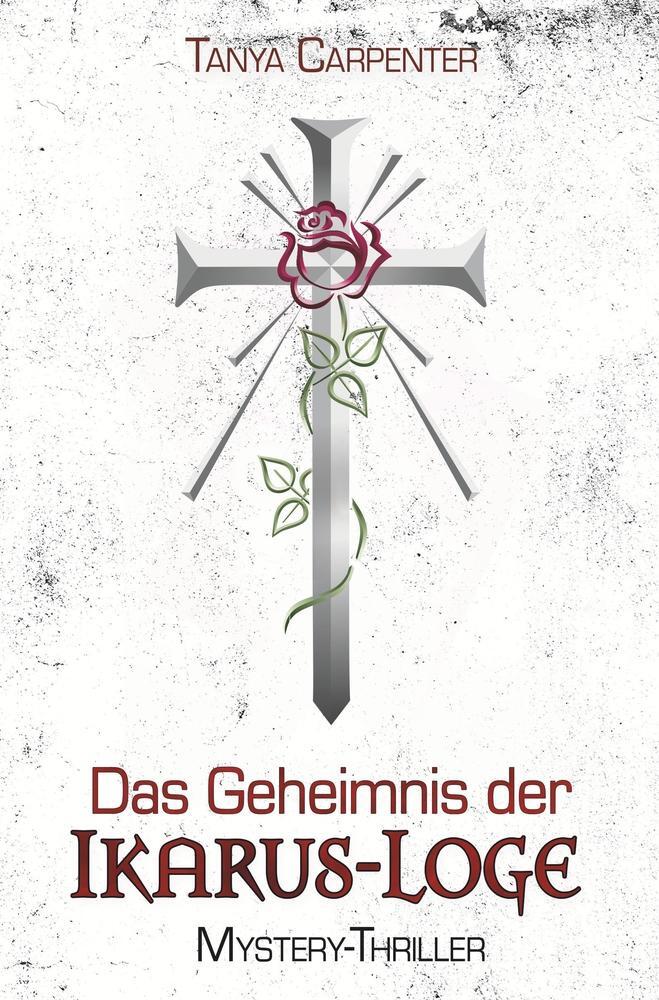13,65 €*
Versandkostenfrei per Post / DHL
Lieferzeit 1-2 Wochen
Cabin Creek Trail, Colorado Territory
May 1872
T
here was no room to stretch. Of all the discomforts one experienced traveling by stagecoach, the lack of leg and elbow room was at the forefront of McCall Landry’s mind. He imagined extending his long legs to the opposite bench seat and resting his bootheels between the corpulent assemblyman on the left and the snake oil drummer in the center. If the drummer would only press himself closer to the heavily bearded miner on his right, Call figured there’d be about enough room to affect the semi-prone posture that suited him. Call believed in never standing when you could lean, never leaning when you could sit, and never sitting when you could be lying flat on your back staring at the clouds in daylight or stars in the night sky. Call thought a man should have beliefs, and if he stood by anything, he stood by this one.
There was no chance of putting his belief to the test now, as he was wedged between a dandy who breathed behind a handkerchief to avoid the road dust that seeped into the stage and a flatulent minister who had been white-knuckling a Bible since boarding the stage in Denver. Given the narrow route, much of it mountain on one side and gulley on the other, clutching the Bible was understandable. The flatulence, though, was a trespass. A slim smile changed the shape of Call’s mouth as he considered taking the dandy’s handkerchief and using it to cover his own nose and mouth. It had been at least twenty minutes since the minister passed gas. Surely he was about to blow.
Although introductions were made soon after the stage left Denver, Call was more interested in each man’s trade than his given name. The minister was identifiable by his collar. The assemblyman identified himself as an attorney, newly elected to his position on a platform of achieving statehood for the territory. The snake oil salesman opened the black leather case he kept on his lap to show his wares and generously offered a sample of his liver-purifying tonic. No one took him up on it, and he simply shrugged and closed the case. The miner was an itinerant job seeker, moving between mines that were played out and ones reputed to hold promise. The dandy claimed to be a reporter for a New York paper, but since he’d never come out from behind his handkerchief to pose a question and showed little interest in the view outside the coach, Call harbored doubts.
When it was Call’s turn to say something, he smiled briefly, let his gaze drop to the holstered Colt at his side, and told them he was a gun for hire. He wasn’t, but he could have been, so that’s what he told them. No one said anything for a long time after that, which suited Call just fine. He had learned enough to know that what they had in common was their destination. They were all headed to Stonechurch.
After forty-five miles and three brief stops at swing stations, where the tired horses were exchanged for fresh ones and a new driver took over at one of the stations, Call regarded the vaguely queasy features of his companions and concluded they had something else in common. They were all feeling wretched.
Call slid down in his seat as much as he was able, rolled his shoulders, and tipped his broad-brimmed hat forward so that it shaded his eyes before he closed them. “Misery acquaints a man with strange bedfellows.”
“What’s that you say?” asked the miner.
Call didn’t open his eyes. The swaying coach was hardly a cradle, but traveling by this method provoked in Call a desire to sleep, which was preferable to staying awake and becoming increasingly nauseated. At the last station, Call had inquired about riding shotgun since the new driver had no companion for the next leg and Call’s own shotgun was packed on the roof beside his bag, but the driver was suspicious of his motives and he was summarily dismissed.
“I said, ‘Misery acquaints a man with strange bedfellows.’ ”
“That something from the Good Book?” asked the miner, his eyes dropping to the minister’s hands, which were once again folded tightly around the Bible.
“Shakespeare,” said Call. “The Tempest. Also a good book. Well, a play.”
“Huh.” The miner nodded, looked around, and nodded again, more emphatically this time. “I reckon we are strange bedfellows. No question that we’re miserable. Not you so much. Looks like you’re aiming to sleep.”
“That’s the plan.”
The minister turned his head sideways and stared at Call’s slanted hat. “Are you likely to snore?”
“Less likely than you are to fart.” Call thought the dandy reporter might have sniggered behind his handkerchief, but he was opposed to opening his eyes to confirm. Call touched the brim of his hat, lowered it another notch, and smiled ever so slightly under the cover of shadow. He was asleep in mere minutes.
T
he Henderson Express Stage Line was the sole provider of coach services along the Cabin Creek Trail from Denver to the mining town of Stonechurch. It was a lucrative route, funded in part by government grants because of Stonechurch’s value as a gold and silver mining operation. The coach carried payroll, mail, passengers, and occasionally gold and silver bricks. Transportation of the precious metals was naturally a secretive affair and not necessarily accompanied by armed guards, whose presence would have raised suspicions. Payroll for the miners was scheduled randomly to make robbery less likely, though the coaches and the living stations were still targets.
Stonechurch was a popular destination for men looking for work, for journalists looking for a story, for preachers looking for souls to save, for drummers looking to hawk their potions, and for politicians looking to make deals with the powerful Ramsey “Ramses” Stonechurch, but it wasn’t the end of the line nor was it the only town growing up northwest of Denver. The home stations, those sites chosen by the line to offer meals, accommodations, sell tickets, provide a fresh team and sometimes a fresh driver, were points along the route that served as living magnets to attract people and build a sense of community.
The home station at Frost Falls was an important addition to the cattle town that was encouraging settlement, business, and law. Forty-five miles distant was another home station at Falls Hollow, where the station was the hub for the outlying farm families. With each business that was successfully established, the town drew more settlers and more entrepreneurs. Stonechurch Mining was vital to the financial health of Henderson Express and the home stations dotting the Cabin Creek Trail, but the mining operation’s success was also going to spell the end of the stage line and the home stations. It was inevitable. The railroad was coming.
And Laurel Beth Morrison was ready.
Laurel had operated the Falls Hollow home station since her father and two brothers were murdered when the rebel Grant clan attacked and robbed the stage while the horses were being exchanged. She had been inside the farmhouse when the renegade rebels struck, and she was the only one with enough time to grab a shotgun. She made good use of it, killing one of the Grant boys and wounding another, but her effort was not enough to save her father and brothers or the stagecoach driver. The man riding shotgun was one of the renegades, so the gang had the advantage at the outset. That was seven years ago, not long after Lee’s surrender. She had been twenty then, old enough to take on the responsibility of the home station but grieving so deeply that she had almost no recollection of doing it.
Now she employed four men to assist with managing the horses, keeping the grounds, house, and outbuildings in good repair, as well as help with the milking, egg gathering, tossing slops to the pigs, gardening, butchering, and smoking. She employed one woman to do the cooking and housekeeping. On her own, Laurel took care of the account books, purchasing, hosting, and telegraphy. She was also the one who maintained relations with Ramsey Stonechurch, Samuel Henderson, and just recently, Alexander Berry, the government’s man in charge of establishing the route and rails from Denver to Stonechurch. It was Laurel’s mission to make certain that Falls Hollow was a stop along that route and that she secured the contract to operate the station.
It made all kinds of sense for Alexander Berry to use the existing Cabin Creek Trail, which was already well worn and even widened in some places by the regular passing of the Henderson Express stages. But it was Laurel’s opinion that people who depended on a government man to do what made sense were more foolish than the government and the man. She had been doing her research. Money exchanged hands as often as a tired team of horses was exchanged for a fresh one. She didn’t know Mr. (please call me Alex) Berry well so she was reserving judgment as to his commitment to corruption, but in the event he was like so many others with a hand out, Laurel was saving her money.
It was late in the afternoon when Laurel stepped outside and onto the wide, freshly whitewashed porch. There was a swing on her right, a pair of rockers and a hip-high stool on her left, all of them painted in cheery sunshine yellow. It was a welcoming entrance, and it often elicited comments from the stage passengers, especially the women, who were relieved to discover that niceties existed in the rocky enclaves beyond Denver.
The farmhouse was stone that her father had quarried out of the mountainside. It had taken years. Laurel had no memory of living in the tidy shack that was the family’s home until the house was ready, but her brothers did and liked to tease her about how she slept in a basket with a ham their mother was curing because there wasn’t much room for her and God forbid they find another place for the ham. Laurel...
Cabin Creek Trail, Colorado Territory
May 1872
T
here was no room to stretch. Of all the discomforts one experienced traveling by stagecoach, the lack of leg and elbow room was at the forefront of McCall Landry’s mind. He imagined extending his long legs to the opposite bench seat and resting his bootheels between the corpulent assemblyman on the left and the snake oil drummer in the center. If the drummer would only press himself closer to the heavily bearded miner on his right, Call figured there’d be about enough room to affect the semi-prone posture that suited him. Call believed in never standing when you could lean, never leaning when you could sit, and never sitting when you could be lying flat on your back staring at the clouds in daylight or stars in the night sky. Call thought a man should have beliefs, and if he stood by anything, he stood by this one.
There was no chance of putting his belief to the test now, as he was wedged between a dandy who breathed behind a handkerchief to avoid the road dust that seeped into the stage and a flatulent minister who had been white-knuckling a Bible since boarding the stage in Denver. Given the narrow route, much of it mountain on one side and gulley on the other, clutching the Bible was understandable. The flatulence, though, was a trespass. A slim smile changed the shape of Call’s mouth as he considered taking the dandy’s handkerchief and using it to cover his own nose and mouth. It had been at least twenty minutes since the minister passed gas. Surely he was about to blow.
Although introductions were made soon after the stage left Denver, Call was more interested in each man’s trade than his given name. The minister was identifiable by his collar. The assemblyman identified himself as an attorney, newly elected to his position on a platform of achieving statehood for the territory. The snake oil salesman opened the black leather case he kept on his lap to show his wares and generously offered a sample of his liver-purifying tonic. No one took him up on it, and he simply shrugged and closed the case. The miner was an itinerant job seeker, moving between mines that were played out and ones reputed to hold promise. The dandy claimed to be a reporter for a New York paper, but since he’d never come out from behind his handkerchief to pose a question and showed little interest in the view outside the coach, Call harbored doubts.
When it was Call’s turn to say something, he smiled briefly, let his gaze drop to the holstered Colt at his side, and told them he was a gun for hire. He wasn’t, but he could have been, so that’s what he told them. No one said anything for a long time after that, which suited Call just fine. He had learned enough to know that what they had in common was their destination. They were all headed to Stonechurch.
After forty-five miles and three brief stops at swing stations, where the tired horses were exchanged for fresh ones and a new driver took over at one of the stations, Call regarded the vaguely queasy features of his companions and concluded they had something else in common. They were all feeling wretched.
Call slid down in his seat as much as he was able, rolled his shoulders, and tipped his broad-brimmed hat forward so that it shaded his eyes before he closed them. “Misery acquaints a man with strange bedfellows.”
“What’s that you say?” asked the miner.
Call didn’t open his eyes. The swaying coach was hardly a cradle, but traveling by this method provoked in Call a desire to sleep, which was preferable to staying awake and becoming increasingly nauseated. At the last station, Call had inquired about riding shotgun since the new driver had no companion for the next leg and Call’s own shotgun was packed on the roof beside his bag, but the driver was suspicious of his motives and he was summarily dismissed.
“I said, ‘Misery acquaints a man with strange bedfellows.’ ”
“That something from the Good Book?” asked the miner, his eyes dropping to the minister’s hands, which were once again folded tightly around the Bible.
“Shakespeare,” said Call. “The Tempest. Also a good book. Well, a play.”
“Huh.” The miner nodded, looked around, and nodded again, more emphatically this time. “I reckon we are strange bedfellows. No question that we’re miserable. Not you so much. Looks like you’re aiming to sleep.”
“That’s the plan.”
The minister turned his head sideways and stared at Call’s slanted hat. “Are you likely to snore?”
“Less likely than you are to fart.” Call thought the dandy reporter might have sniggered behind his handkerchief, but he was opposed to opening his eyes to confirm. Call touched the brim of his hat, lowered it another notch, and smiled ever so slightly under the cover of shadow. He was asleep in mere minutes.
T
he Henderson Express Stage Line was the sole provider of coach services along the Cabin Creek Trail from Denver to the mining town of Stonechurch. It was a lucrative route, funded in part by government grants because of Stonechurch’s value as a gold and silver mining operation. The coach carried payroll, mail, passengers, and occasionally gold and silver bricks. Transportation of the precious metals was naturally a secretive affair and not necessarily accompanied by armed guards, whose presence would have raised suspicions. Payroll for the miners was scheduled randomly to make robbery less likely, though the coaches and the living stations were still targets.
Stonechurch was a popular destination for men looking for work, for journalists looking for a story, for preachers looking for souls to save, for drummers looking to hawk their potions, and for politicians looking to make deals with the powerful Ramsey “Ramses” Stonechurch, but it wasn’t the end of the line nor was it the only town growing up northwest of Denver. The home stations, those sites chosen by the line to offer meals, accommodations, sell tickets, provide a fresh team and sometimes a fresh driver, were points along the route that served as living magnets to attract people and build a sense of community.
The home station at Frost Falls was an important addition to the cattle town that was encouraging settlement, business, and law. Forty-five miles distant was another home station at Falls Hollow, where the station was the hub for the outlying farm families. With each business that was successfully established, the town drew more settlers and more entrepreneurs. Stonechurch Mining was vital to the financial health of Henderson Express and the home stations dotting the Cabin Creek Trail, but the mining operation’s success was also going to spell the end of the stage line and the home stations. It was inevitable. The railroad was coming.
And Laurel Beth Morrison was ready.
Laurel had operated the Falls Hollow home station since her father and two brothers were murdered when the rebel Grant clan attacked and robbed the stage while the horses were being exchanged. She had been inside the farmhouse when the renegade rebels struck, and she was the only one with enough time to grab a shotgun. She made good use of it, killing one of the Grant boys and wounding another, but her effort was not enough to save her father and brothers or the stagecoach driver. The man riding shotgun was one of the renegades, so the gang had the advantage at the outset. That was seven years ago, not long after Lee’s surrender. She had been twenty then, old enough to take on the responsibility of the home station but grieving so deeply that she had almost no recollection of doing it.
Now she employed four men to assist with managing the horses, keeping the grounds, house, and outbuildings in good repair, as well as help with the milking, egg gathering, tossing slops to the pigs, gardening, butchering, and smoking. She employed one woman to do the cooking and housekeeping. On her own, Laurel took care of the account books, purchasing, hosting, and telegraphy. She was also the one who maintained relations with Ramsey Stonechurch, Samuel Henderson, and just recently, Alexander Berry, the government’s man in charge of establishing the route and rails from Denver to Stonechurch. It was Laurel’s mission to make certain that Falls Hollow was a stop along that route and that she secured the contract to operate the station.
It made all kinds of sense for Alexander Berry to use the existing Cabin Creek Trail, which was already well worn and even widened in some places by the regular passing of the Henderson Express stages. But it was Laurel’s opinion that people who depended on a government man to do what made sense were more foolish than the government and the man. She had been doing her research. Money exchanged hands as often as a tired team of horses was exchanged for a fresh one. She didn’t know Mr. (please call me Alex) Berry well so she was reserving judgment as to his commitment to corruption, but in the event he was like so many others with a hand out, Laurel was saving her money.
It was late in the afternoon when Laurel stepped outside and onto the wide, freshly whitewashed porch. There was a swing on her right, a pair of rockers and a hip-high stool on her left, all of them painted in cheery sunshine yellow. It was a welcoming entrance, and it often elicited comments from the stage passengers, especially the women, who were relieved to discover that niceties existed in the rocky enclaves beyond Denver.
The farmhouse was stone that her father had quarried out of the mountainside. It had taken years. Laurel had no memory of living in the tidy shack that was the family’s home until the house was ready, but her brothers did and liked to tease her about how she slept in a basket with a ham their mother was curing because there wasn’t much room for her and God forbid they find another place for the ham. Laurel...
| Erscheinungsjahr: | 2020 |
|---|---|
| Medium: | Taschenbuch |
| Seiten: | 432 |
| Inhalt: | Einband - flex.(Paperback) |
| ISBN-13: | 9780440000679 |
| ISBN-10: | 044000067X |
| Sprache: | Englisch |
| Einband: | Kartoniert / Broschiert |
| Autor: | Jo Goodman |
| Hersteller: | Penguin Publishing Group |
| Maße: | 170 x 110 x 30 mm |
| Von/Mit: | Jo Goodman |
| Erscheinungsdatum: | 05.05.2020 |
| Gewicht: | 0,198 kg |
| Erscheinungsjahr: | 2020 |
|---|---|
| Medium: | Taschenbuch |
| Seiten: | 432 |
| Inhalt: | Einband - flex.(Paperback) |
| ISBN-13: | 9780440000679 |
| ISBN-10: | 044000067X |
| Sprache: | Englisch |
| Einband: | Kartoniert / Broschiert |
| Autor: | Jo Goodman |
| Hersteller: | Penguin Publishing Group |
| Maße: | 170 x 110 x 30 mm |
| Von/Mit: | Jo Goodman |
| Erscheinungsdatum: | 05.05.2020 |
| Gewicht: | 0,198 kg |




